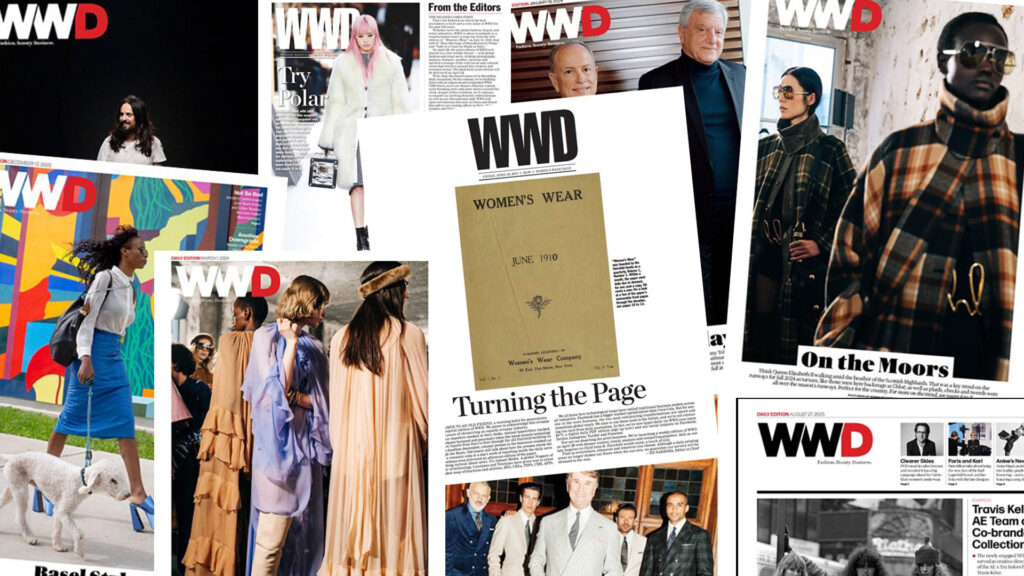In a striking reminder of the steep cost of counterfeiting, two boutique owners are on the hook for €100,000 in damages for offering up just nine infringing handbags. That is what a French court held in a decision late last month, with the Judicial Court of Marseille finding two boutique operators in Saint Tropez liable for copyright and trademark infringement for selling counterfeit versions of Hermès’ coveted Kelly handbag. The case underscores French courts’ willingness to impose substantial financial penalties in counterfeiting cases, even where the scale of infringement is limited.
The ruling stemming from a case filed by Hermès in 2023, accusing the owners of the LA TUNIQUE and CHARM AND CHIC boutiques in Saint Tropez of offering up and selling a total of nine counterfeit Kelly bags.
9 Counterfeits, €100,000 in Damages
In a decision on June 26, the Judicial Court of Marseille found that the bags that were marketed and sold by LA TUNIQUE and CHARM AND CHIC made unauthorized use of the distinctive visual and structural elements of Hermès’ famed Kelly bag, including its trapezoidal silhouette, side gussets, strap closures with hexagonal metal plates, and signature turn-lock hardware.
Though the defendants argued that their products did not cause confusion and lacked elements that identified them as Hermès products, the court reaffirmed that likelihood of confusion is not necessary to establish copyright infringement under French law. It was similarly unpersuaded by the defendants’ claim that similar closures are used by other brands and thereby, do not act as indicators of source of Hermès.
In its ruling, the court affirmed that copyright protection exists for Hermès’ Kelly bag, emphasizing the originality of its design and its continued eligibility for protection. At the same time, the court recognized Hermès’ international figurative trademark, which protects the Kelly bag clasp mark. It also found that the closures on the counterfeit bags do, in fact, create a strong risk of association with Hermès in the minds of consumers.

As a result, the court ordered joint and several liability against the defendants, awarding Hermès €60,000 for economic damages (€30,000 each for copyright and trademark infringement); €20,000 in moral (non-pecuniary) damages; €10,000 for presentation-related harm, including the use of beige chevron-patterned dust bags with brown drawstrings closely resembling Hermès’ packaging; and €10,000 in non-recoverable costs under Article 700 of the French Code of Civil Procedure.
Notably, the court calculated Hermès’ economic loss using the brand’s average unit price (€7,750) and profit margin (71 percent), grounding its decision in financial metrics, as well as reputational harm.
The court also granted Hermès’ request for publication of the decision in three French newspapers, at the defendants’ expense (capped at €5,000 per publication), though it denied a request to post the ruling on the storefronts of the shops, citing uncertainty about their future operation. And finally, the court issued a nationwide injunction prohibiting the defendants from engaging in further acts of infringement in France.
Strategic Implications
This ruling offers a clear signal to companies operating in tourist-heavy areas: proximity to luxury flagships, use of visually similar packaging, and imitation of iconic design elements – even without logos or brand names – can result in serious legal and financial consequences. In this case, the court emphasized that the defendants’ shops were located just steps from an official Hermès store in the heart of Saint Tropez, exposing counterfeit goods to the same high-end international clientele. The replication of Hermès’ beige chevron-patterned dust bags and the near-identical closure system on the bags compounded the infringement, even though the counterfeits bore no explicit Hermès branding.
In other words, what the court found particularly damaging was not only the copying of aesthetic codes but the context of sale – high season, luxury location, and strategic visual proximity to authentic retail.
The judgment confirms that French IP law protects not only registered trademarks and creative works, but also the market perception and distinctiveness that luxury brands cultivate through presentation and setting.
The case is S.A.S. Hermès [B] and S.C.A. [Locality 4] Intl. v. [A.H.] and [V.W.], No. 23/11878 (TJ Marseille).














